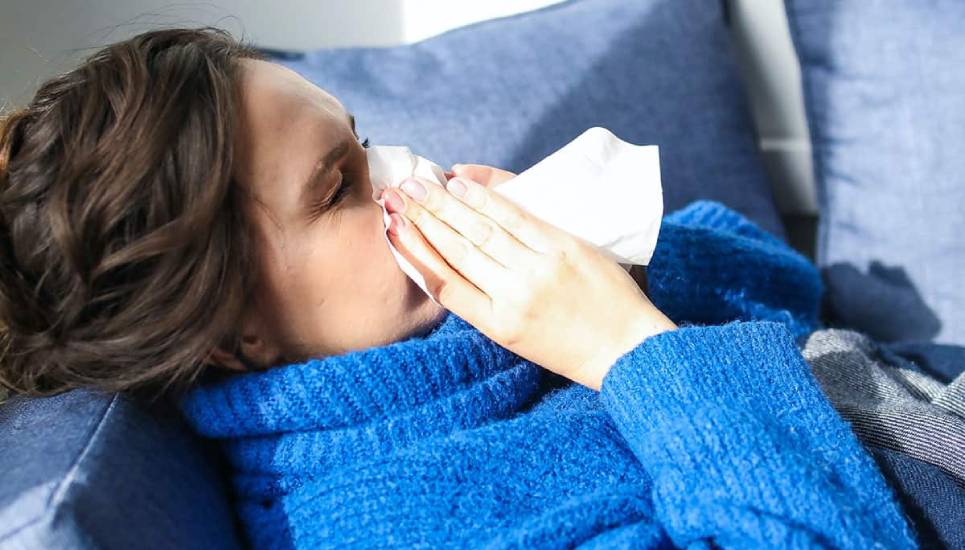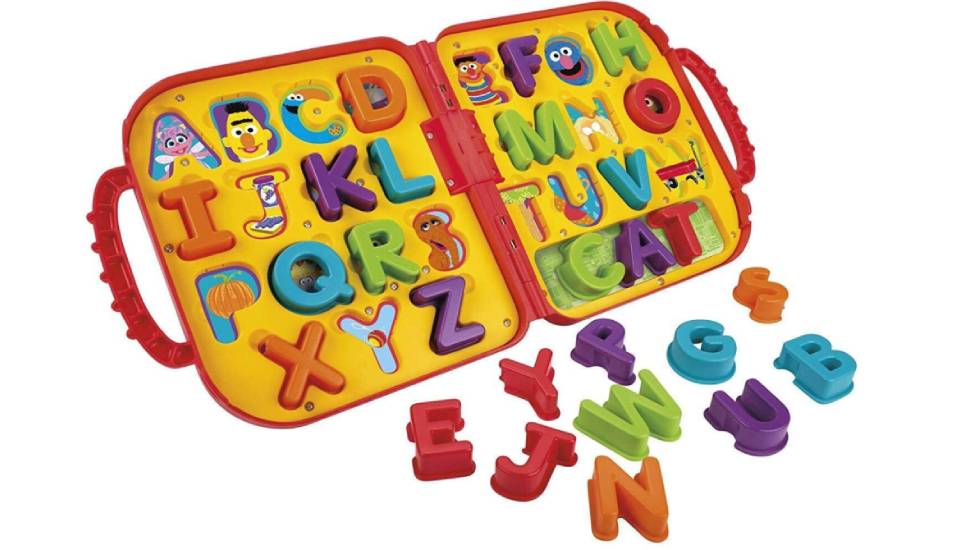
Calling In Sick
Determining when an ailment is serious enough to warrant calling in sick from nannying duties can be a tricky decision. There are many factors to weigh, including contagiousness, severity of symptoms, and potential impact on the children. Using prudent judgement is key to balancing personal health and professional obligations.
A Stomach Bug?
Stomach viruses pack a double whammy of vomiting and diarrhoea that can spread like wildfire. The high contagiousness means nannies should stay home until a full 48 hours after symptoms subside. Attempting to work sooner risks infecting the whole family. Since public transport also aids transmission, driving or getting picked up is preferable if leaving isolation is unavoidable. Allowing the body to fully recover prevents prolonging the illness.
Sniffles Or True Flu?
The age old question of whether symptoms constitute a minor cold or more serious flu is difficult to decipher. Fevers and body aches indicate influenza, which can be dangerous and even deadly for infants and children. Seasonal flu vaccines provide protection, and are wise precautions for nannies. Otherwise, if common cold symptoms are manageable, working is likely fine. Nannies know their bodies best.
Lingering Coughs Signal Staying Home
Coughs related to chest infections, both viral and bacterial, are often uncontrollable. The endless coughing only worsens when run down from lack of rest. Though not very contagious, the exhaustion and difficulty breathing from lingering congestion make keeping up with energetic kids challenging. Once antibiotics have been prescribed, a couple days of rest aid recovery. The children will surely survive some cosy movie days until their nanny is well.
Broken Bones – Maybe A Desk Job?
Casts and slings for broken bones typically prohibit normal nannying tasks like lifting and chasing toddlers. But school age and older children may allow working modified duty. A nanny could organise crafts or board game days if the kids cooperate with rules about not disturbing injuries. Depending on the location and severity of the break, sedentary childcare may be reasonable for short stints. Discuss options with employers and doctors.
Preventing The Inevitable Spread Of Childhood Illnesses
Many common viruses like chickenpox are expected rites of passage for children. Even if exposures happen outside childcare hours, standard contagious periods still apply to nannies. Though inconvenient, observing quarantine times allows illnesses to run their course without endless re-infection. Once past the most infectious period, normal nannying routines can safely resume. Meanwhile, extra sanitising of toys, clothes, and surfaces minimises transmission.
A Cold Sore Isn’t The End Of The World
Despite the stigma, cold sores are extremely prevalent viruses that most people contract in childhood. There’s no reason to take time off work during a flare up. Simply avoid kissing children on the lips and be diligent about washing hands and not touching the face. Over the counter treatments shorten duration. With some care, nannies can continue interacting normally.
Hand, Foot and Mouth Disease Calls For Caution
This highly contagious virus spreads rapidly through childcare settings. But diligent hand hygiene, surface cleaning, avoiding sharing food and beverages, and using gloves during nappy changes can prevent transmission. Checking with employers about their comfort level with exposure is important. If everyone takes precautions, working is reasonable during mild cases. However, common sense means avoiding play groups and playgrounds where germs run rampant.
No Need To Fear Slapped Cheek Rash
Slapped cheek syndrome evokes childhood nostalgia in many, who recognise the distinct red rash. Most contagion occurs before the rash develops, so the nanny likely spread it before realising. But since diagnosing changes little, no need to panic. Simply confirm employers are comfortable having an affected nanny work. Avoid groups settings and use vigilant hand washing. In most cases, life goes on as normal.
What To Do You Suspect COVID-19
The coronavirus pandemic introduced new considerations about childcare during illness. Nannies must isolate immediately if experiencing multiple symptoms like fever, cough, headache or loss of taste or smell. Seeking COVID testing promptly allows determining infected status. Nannies should discuss results with employers and follow isolation guidelines before returning to work. Even with precautions, exposures still occur. So nannies must remain transparent and prioritise child health if illness is suspected.




